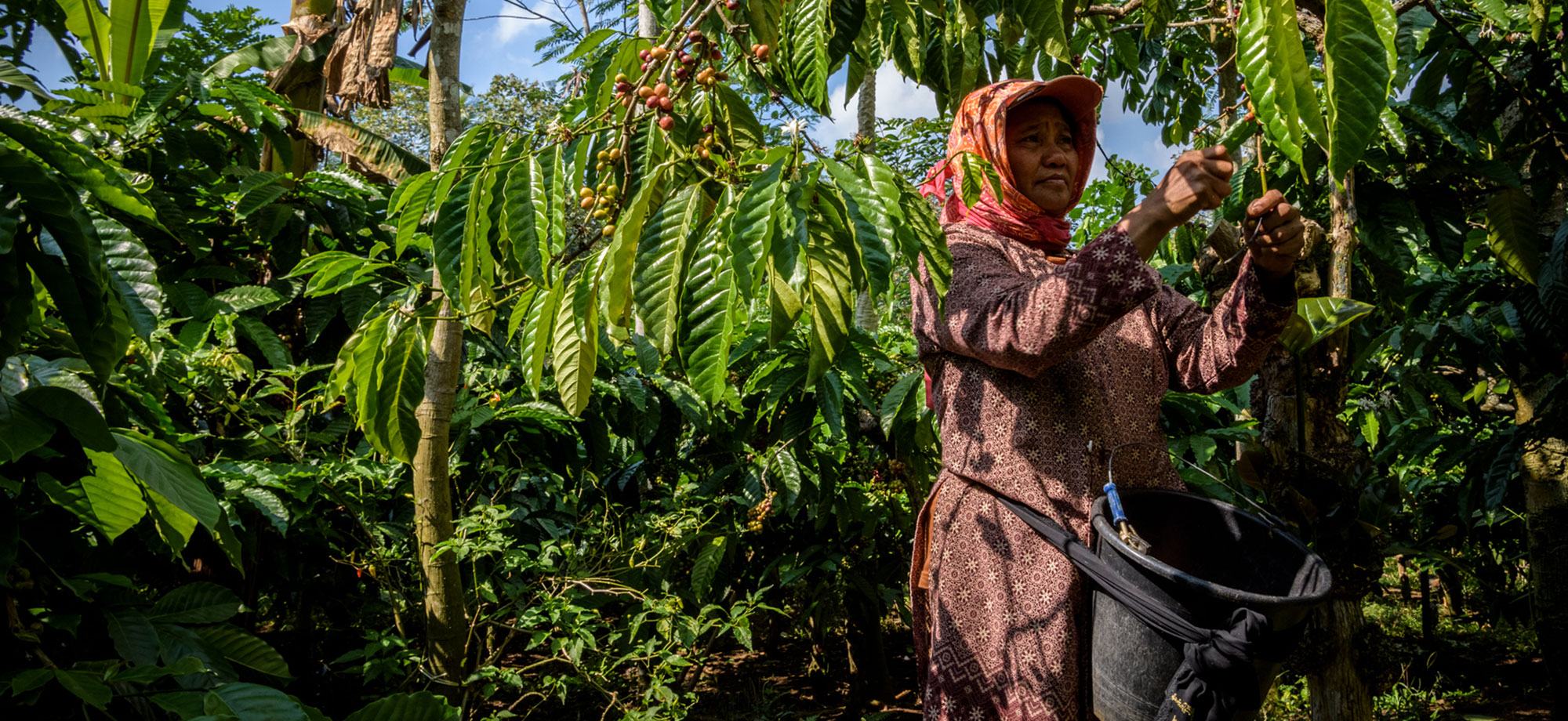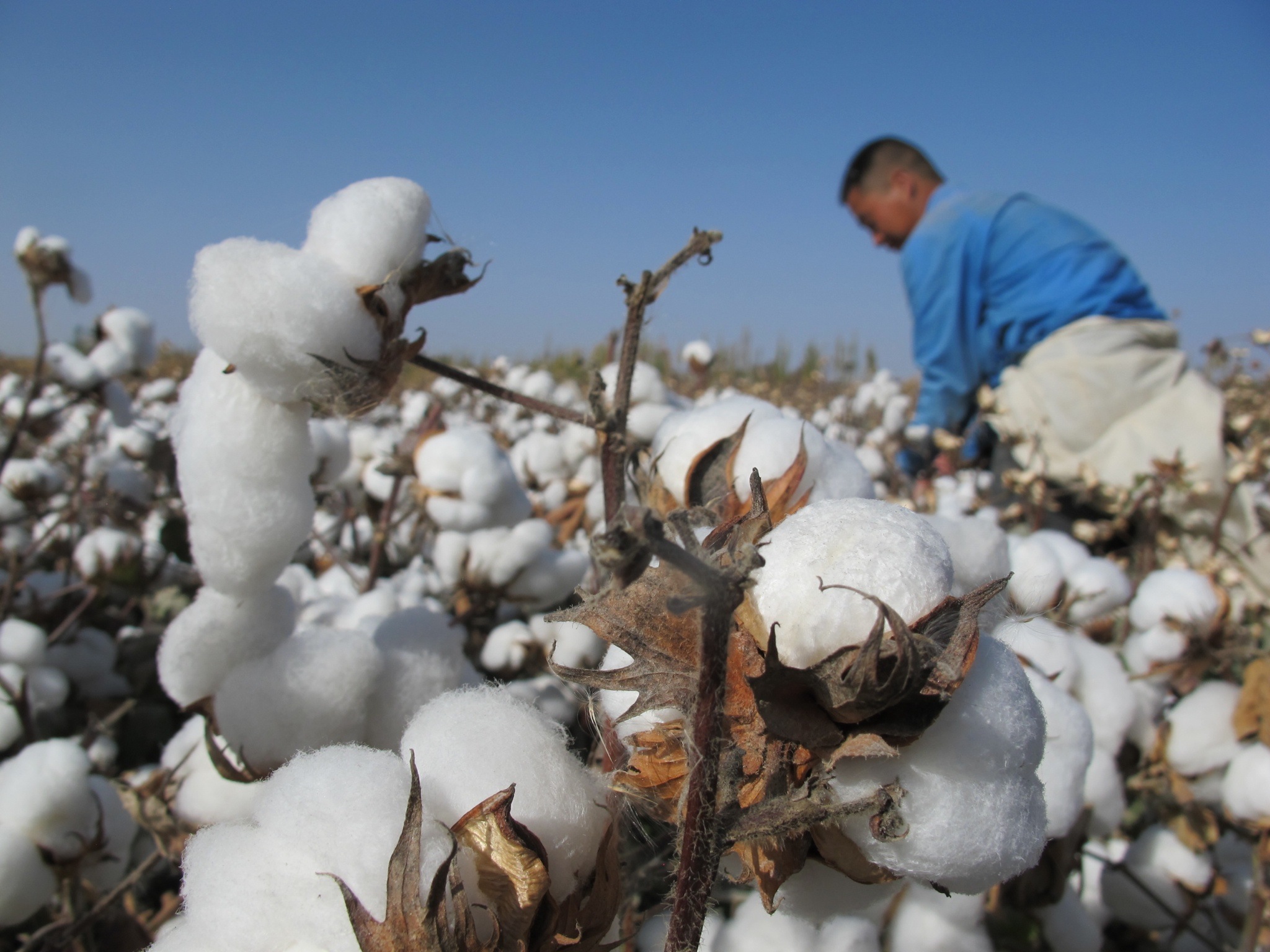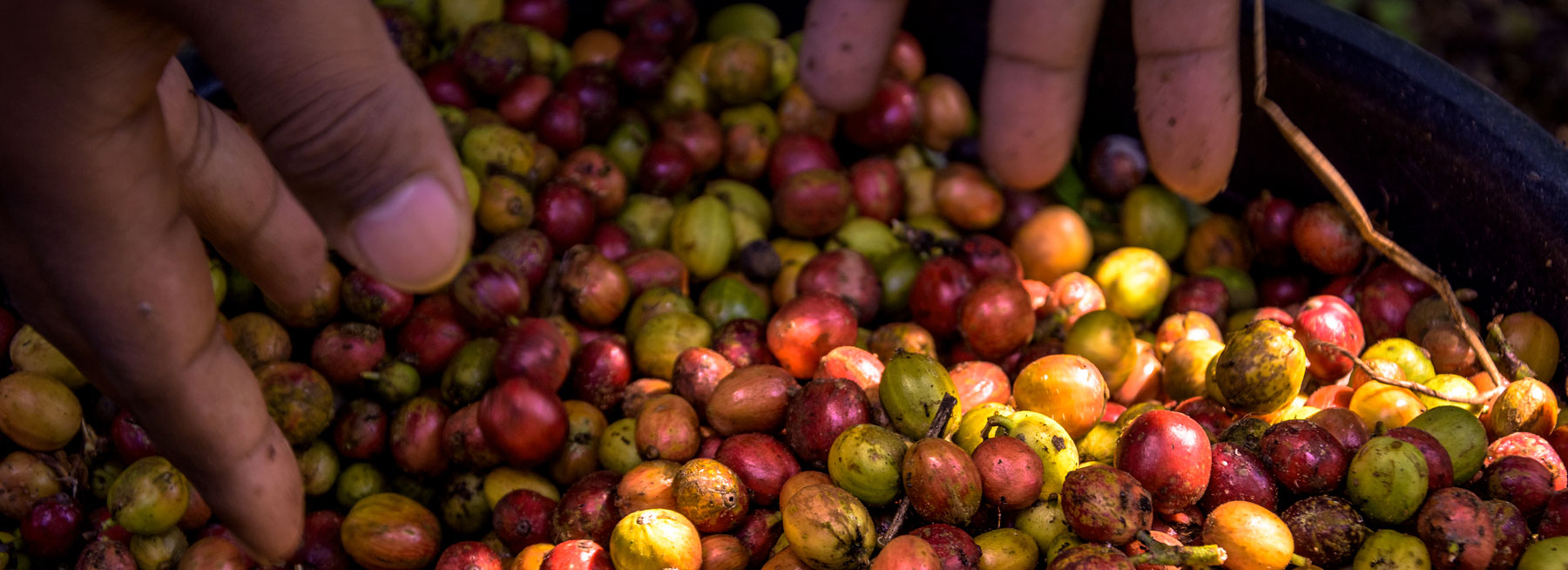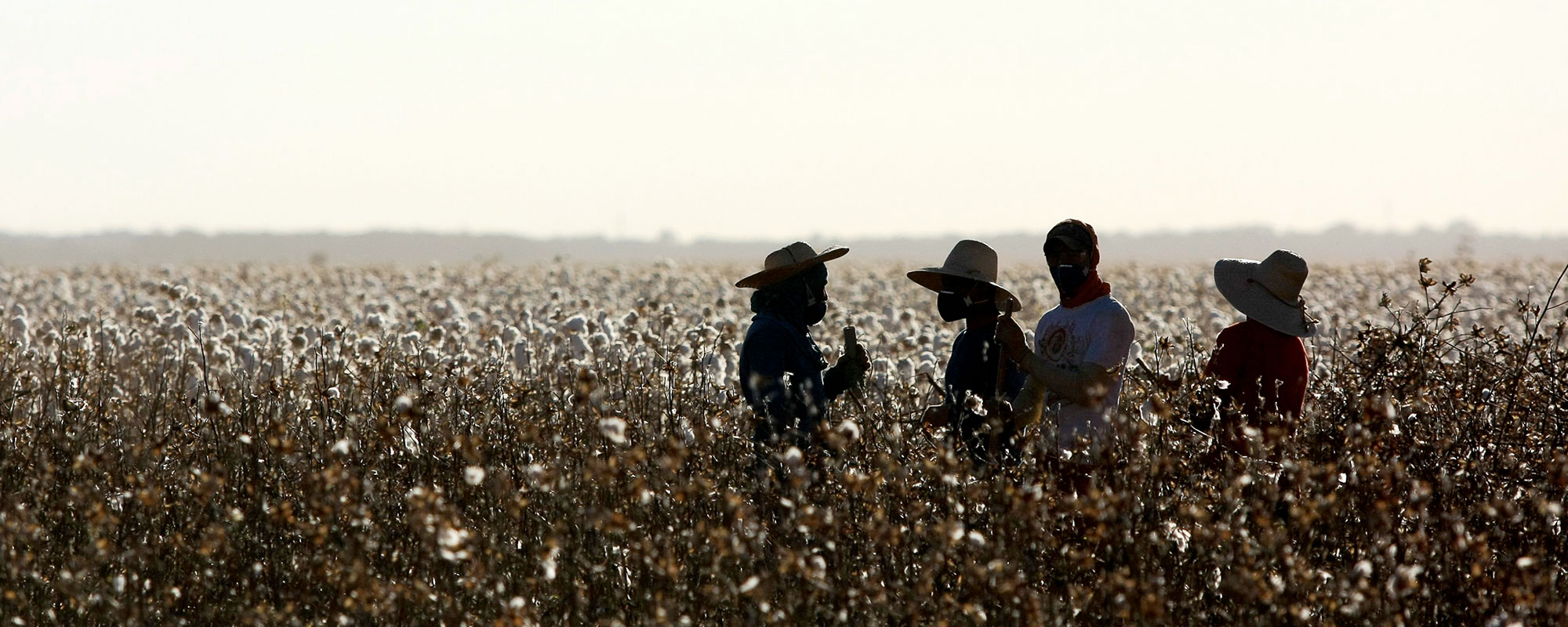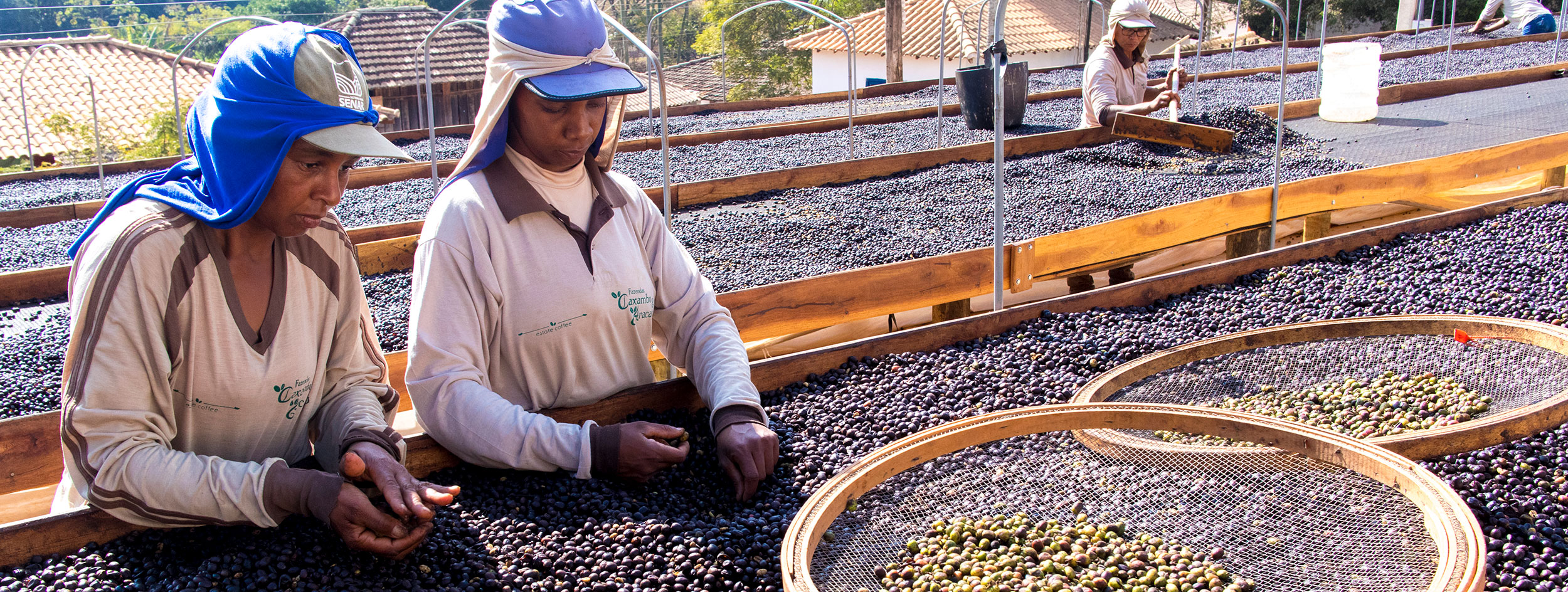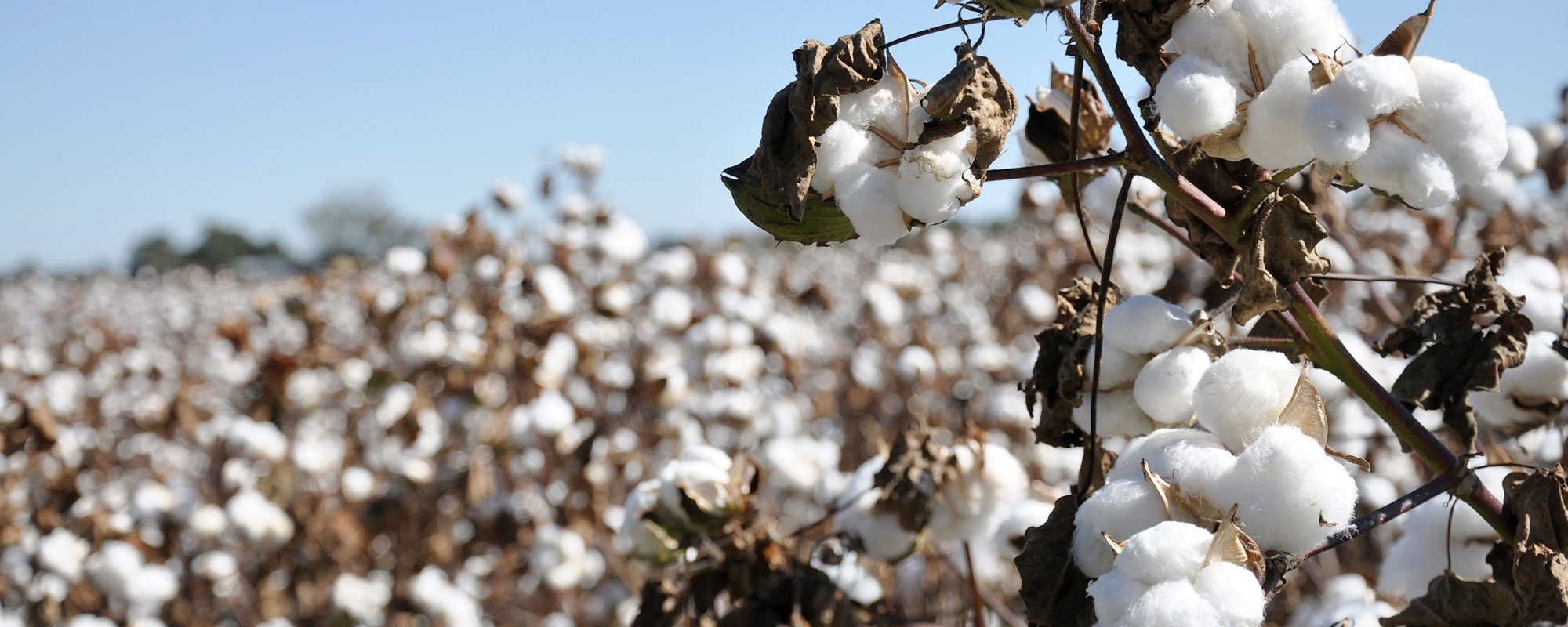The agricultural commodities sector faces multiple challenges, from climate change, water scarcity and soil degradation to fluctuating markets and precarious livelihoods for smallholders and producers. Many sustainability initiatives and organisations exist to tackle these challenges by helping farmers adopt sustainable practices and promote decent work. But the sector lacks a common understanding of sustainability, and how progress toward it should be measured and reported.
The Delta Framework was created to address this challenge, by agreeing on a shared language and approach to measuring and communicating agricultural sustainability progress globally, starting with cotton and coffee. By coming together in this way, the Framework’s creators seek to advance transparency, build credibility, and benefit multiple stakeholders—from farmers to retailers and brands.
The Framework is the end result of the Delta Project, launched by leading sustainability standard organisations whose goal was to define a clear, consistent way to monitor and report the progress of participating farms towards sustainable agriculture.
On this site, we offer the products of the Project:
• A turn-key set of indicators, with accompanying methodologies & tools, for use by any organisation working in agriculture to broaden or deepen their monitoring and evaluation systems with widely recognised indicators.
• A set of guidance materials to support users of the Framework in integrating the Delta indicators in their system, digitalizing the data points, aggregating the date, and reporting at scale.
The Project partners hope that by sharing these resources it will enable users to:
• Gauge a sector’s progress using common indicators and identify opportunities for continuous improvement.
• Assess the extent to which agriculture standards and other sustainable initiatives are contributing to the UN’s 2030 Sustainable Development Goals (SDGs), and help all parties report their progress effectively.

